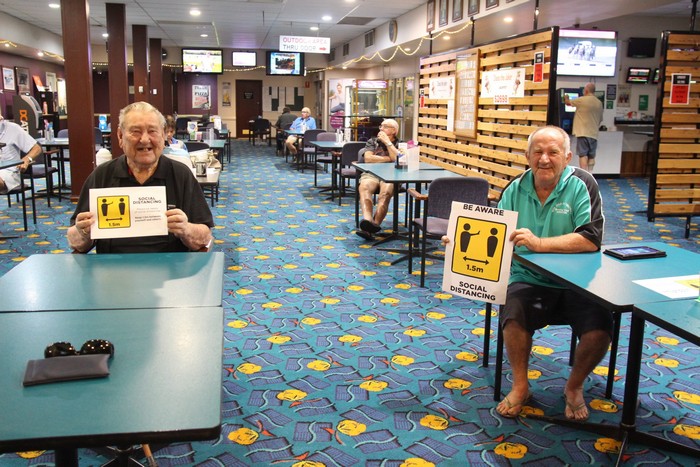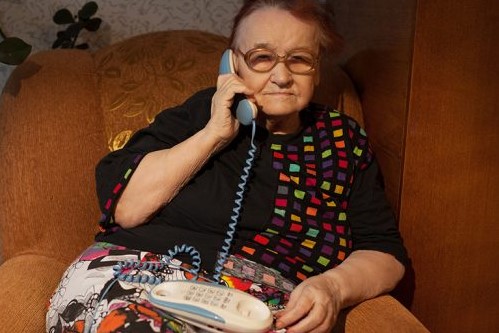The County of Ventura remains in a health emergency. Gov. Gavin Newsom recommended that all individuals 65 and older isolate themselves from the public in an effort to reduce the risk of exposure to COVID-19 (Coronavirus). This order makes VCAAA services and the services of our partnering agencies even more critical. Efforts have been heavily focused on ensuring that older adults in Ventura County have the food and supplies they need to stay healthy and safe. We have been promoting the Help Your Neighbors flyer and Have You Considered video, and encourage you to do the same via social media, e-mail, and in any public setting you deem fitting.
All operations at the County level will remain in place with some changes implemented to keep staff, clients, and the community as a whole as safe and healthy as possible. Those changes include:
Social distancing – asking all individuals to keep a 6-foot distance between themselves and others.
Requesting that all individuals experiencing any kind of illness stay home.
Canceling and/or postponing events that include 50 or more people.
Canceling and/or postponing any events, trainings, classes, etc. that are not time sensitive.
Identifying and establishing the option for staff to work remotely (when feasible) to lessen person-to-person contact.
Increasing the frequency of sanitization of offices.
The VCAAA is implementing all of the above-mentioned practices. Most VCAAA services remain operating at this time, with the exception of Fall Prevention Classes, SNAP-Ed classes, and in-person nutrition counseling. In addition, tax preparation services offered through AARP Tax Aide have been suspended indefinitely. Specific health and safety procedures for VCAAA programs include:
Fall Prevention Classes – all Fall Prevention Program classes have been canceled.
Senior Nutrition Counseling Services and Classes – In-person nutrition counseling and SNAP-Ed classes have been canceled, however counseling via telephone is available. For more information call (805) 477-7300.
Senior Nutrition Program Meal Sites – Please see below for information related to the Senior Nutrition Program meal sites.
Care Management Programs – The VCAAA is working to identify clients who are facing isolation due to the health emergency to ensure that they have the food, supplies, and necessary support.
AARP Tax Services – AARP tax services have been suspended at the VCAAA at this time.
VACE Classes at VCAAA Campus – All VACE classes have been canceled at this time.
Please be sure to emphasize to clients that while many community and senior centers, as well as other service sites, are temporarily closing, the VCAAA’s office will remain open and the Information & Assistance team will be on hand to answer calls and assist clients as they navigate these difficult times.
The VCAAA is now seeking volunteers who are interested in making food deliveries and/or working at the Agency’s Senior Nutrition Garden to help harvest produce that will be given to area residents. Interested parties can contact the VCAAA directly by emailing [email protected]. Please include name, phone number, and cities in which the volunteer can deliver and/or volunteer.
A COVID-19 hotline has been established for immediate concerns. That number is: 805-465-6650. There is a vast amount of information available through VCEmergency.com, including print resources, videos, guidelines, and additional facts and resources related to closures.
If you haven’t already done so, be sure to follow the County of Ventura and Ventura County Area Agency on Aging on social media for updates that are shareable with the community. These updates are also accessible to the public at www.vcaaa.org/news-events/.
Ventura Avenue Active Adult Center: Closed indefinitely. Home delivered meal services are operating as usual. Congregate meal participants have the option to pick-up a frozen meal daily. For more information call (805) 648-3035.



